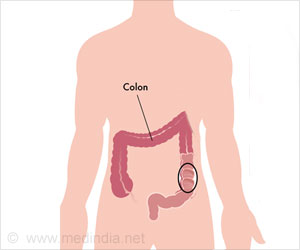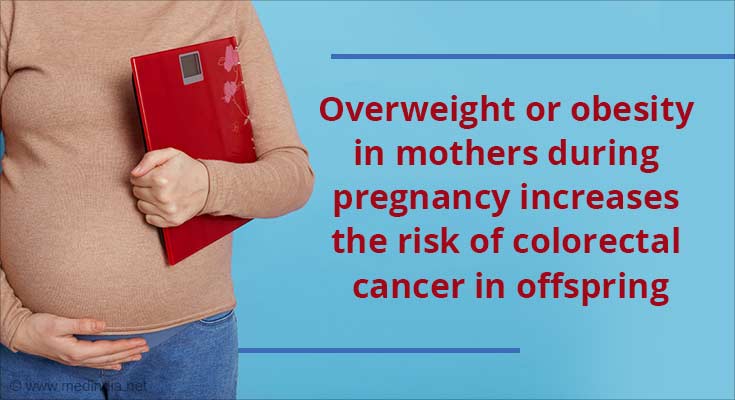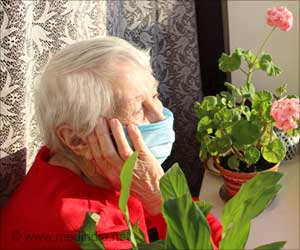- Survey reveals gaps in understanding colon cancer risk factors such as alcohol, junk food, and obesity
- Lifestyle choices like diet and exercise are crucial for prevention of colon cancer
- Early detection and symptom awareness are key to combating colon cancer
A recent survey has revealed that many Americans lack awareness regarding the connection between junk food, alcohol, and obesity, and the increased risk of colon cancer. According to the findings, junk food, alcohol consumption, sedentary lifestyles, and obesity are all factors that contribute to the likelihood of developing colon cancer (1✔ ✔Trusted Source
Diet, obesity and colorectal carcinoma risk: results from a national cancer registry-based middle-eastern study
).
Understanding Colon Cancer Risks
The survey, which polled over 1,000 adults aged 18 and older, highlighted significant gaps in knowledge:
- Less than half of respondents (49%) recognized alcohol as a risk factor.
- 42% were unaware that a lack of physical activity contributes to the risk.
- Over a third did not identify obesity (38%) or a diet high in fat and processed foods (37%) as risk factors.
- However, the majority were aware of the familial link to colon cancer.
Unfortunately, the groups most at risk, such as Black and Hispanic individuals, exhibited the highest levels of unawareness regarding lifestyle-related risk factors. Given that colon and rectal cancers are increasingly affecting individuals under 50, adopting preventive lifestyle measures becomes crucial.
Importance of Lifestyle Choices
Dr. Matthew Kaladay, chief of colorectal surgery at the Ohio State University Comprehensive Cancer Center, emphasizes the importance of dietary choices and physical activity. He recommends a diet rich in fiber, low in fat and red meat, and abundant in fruits and vegetables. These changes not only reduce cancer risk but also enhance overall health.
Additionally, maintaining a healthy weight through regular exercise is essential, as excess weight is associated with a higher risk of colorectal cancer. Dr. Kaladay stresses the significance of promptly addressing any symptoms, regardless of age, such as rectal bleeding, sudden changes in bowel habits, unexplained weight loss, or abdominal pain. Early detection and lifestyle modifications can significantly mitigate the risk of colon cancer and improve overall well-being.
Reference:
- Diet, obesity and colorectal carcinoma risk: results from a national cancer registry-based middle-eastern study – (https://www.ncbi.nlm.nih.gov/pmc/articles/PMC6286580/)
Source-Medindia



